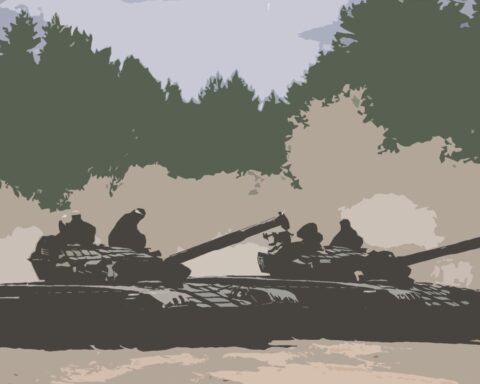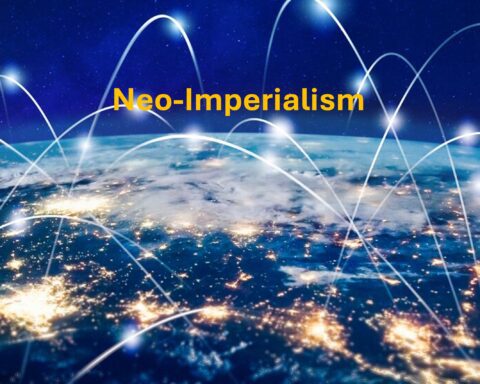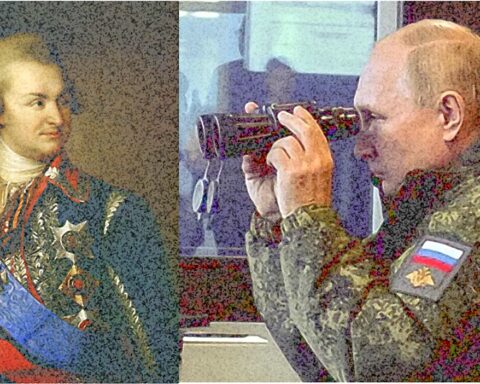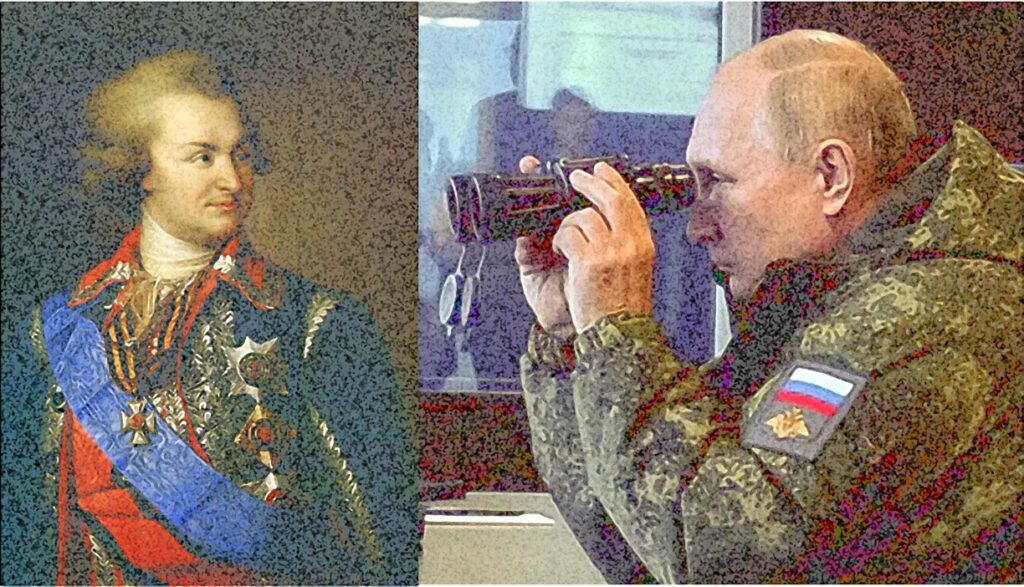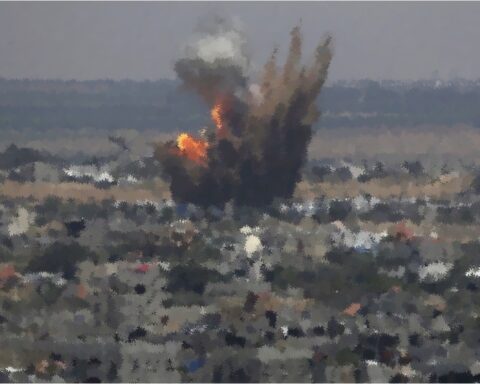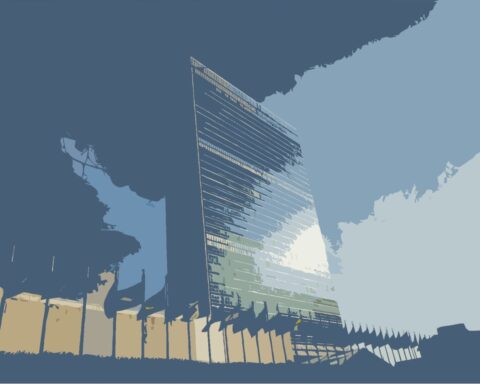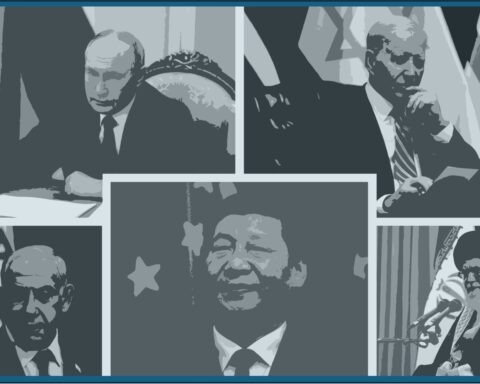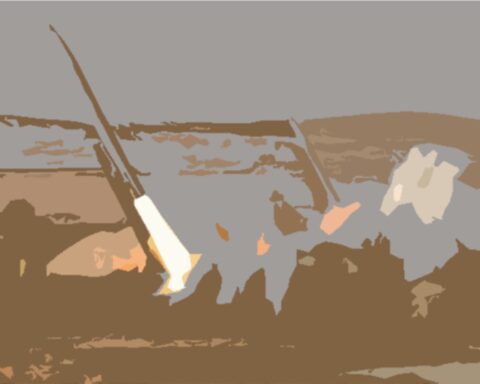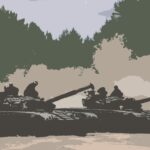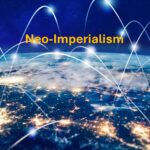In the content required by our era, I will explain with unique expressions a very special and fundamental perspective on the topics of friend-enemy, politics, leadership, and values. What should politics aim for and how should it be conducted? What should leadership look like, and how should competition be conducted?
Friend-Enemy
Let me ask you this: Can one recognize their friend if they cannot choose their enemy? Would you be pleased with someone guiding you who lacks basic knowledge?
There are a few facts that will help us answer these questions. We need to look at the fundamental distinction between the concepts of friend and enemy. Like this: An enemy is always an enemy. Friendship is already a very challenging test.
If I had a child in their formative years, I would need to explain this to them. I might struggle a bit with that. But do I need to explain it to someone who considers themselves capable of engaging in politics, or even leading a country? No. Because generally politicians and especially leaders should know this better than you and me. If they don’t, there’s only one thing to say: Uh-oh!
We can say this much: an enemy is never trustworthy, the door to them is closed under all circumstances. However, the concept of friend entails a meticulous journey. There is sacrifice in friendship, and there is debate. There is competition, and there is sharing. In order to sustain this situation, one must be adequate, and what’s difficult is this: the friendship of unequals.
Allow me to remind you of this without forgetting: there is a folk saying that goes, “A drowning man will clutch at a snake.” The sea is your beauty, your source, your wealth, but at the same time, it’s your struggle, your case you must overcome, perhaps even your death. You’ve fallen into the sea, will you trust the snake, your enemy, or your own strength? Your strokes, your breath, your determination… Those you trust are your own attributes and values. Attributes and values can be increased, enriched…
Think about the topic I mentioned above based on this example. Friendship among unequal powers is difficult. But one must remain in the arduous process that must be sustained without resorting to the enemy. The benefit of this is this: there are things the less powerful must learn from the more powerful. In fact, the homework of adaptation must be done seriously. The aim is to become stronger.
While thinking about this, what happens if you leap onto the enemy? Firstly, your enemy probably expected that they would be very happy, and this time, you’ll have to endure the homework they assign. Secondly, you’ve turned against someone you’ve been friends with for years. You see, your problem has doubled, and the result causing it is your own choice.
Political Prism
A prism, the simplest of which is a triangular cut glass, refracts and separates light spectra that exist but we cannot see, making them visible to us. Politics is a human-specific characteristic and function. My reasons for combining these two to make a statement are as follows: One, to emphasize the visibility of realities that ordinary citizens may not see through a political prism. Two, the prism of someone superior to you is better than yours.
For politicians, the following distortion actions are valid in every period and condition: falling for the game, not understanding, taking advantage of the situation, ignoring, seizing opportunities, engaging in temporary or permanent cooperation…
What is the use of the prism here? Who, when, where, why, what are they looking at? It helps us to see questions like these and their answers. As I said, everyone’s prism is different; from valuable to worthless, from clarity to opacity, from shadows to horizons beyond…
What is the situation of the ordinary citizen? The ordinary citizen can only look through their own prism. Whether they know the name and function of it exactly or not, ultimately they use different prisms such as politics, economics, sociology, etc. They reflect the light from their prism, which is relatively limited in professional and powerful people, has a relatively limited range, and lacks clarity.
A politician does two things: firstly, they direct the citizen towards the desired area, and secondly, they conduct occasional research. So, they have an advantage; while using their own political prism, they benefit from the data of the citizens, take necessary measures, and move on to the next step.
The political prism is also an illusion. It can deceive others as well as you. When I say others, I start with those who trust you, but they are not the ones pressuring you. Maybe your pressure comes from friends, maybe enemies, but they are outside. Even if you don’t know the prism in their hands, you should be able to guess.
Running around in foreign policy doesn’t mean constantly winning something. Making appearances on social media is also insignificant. What matters is achieving a beneficial result. This is done with your strength, that is, your strokes, your breath, your determination, your mind. You may or may not know what the ocean brings, but first, know where you stand and look in the right direction.
Global Leadership
There are examples of leadership and personalities that can be taught to us in the world, and we can examine them from different sources. Looking at today, referring to what I see as lacking, these leaders and leadership candidates should pay attention to what I am saying.
First, think globally. In times that were not as concrete as today, we used to say “universal” instead of “global”. There should be no doubt about what we are focusing on now. Therefore, your claims and the topics you discuss with your interlocutors should be on a global scale.
Narrow-mindedness and backwardness are the most basic headings that put humanity in difficulty. Your first duty regarding these issues is not to be assertive, it’s yours, not someone else’s. Because you are the one who claims to be a leader or those around you. For example, in this century, ethnic or religious claims put forward will only work for your internal politics, and that is only partially effective for your politics. If you are a leader of a part, you are essentially small. In this case, you will not complain about the abundance of things to learn from the friendship of others! This can tire you. This time, you’ll be looking for a snake to cling to all the time. Remember, seas and snakes can eventually swallow you.
The claims of a global leader are about creating value for humanity. This means enriching the oceans. You should learn not only to eat fish but also to breed and catch them.
Is what you say and do related to humanity, or is it local or regional? If there is competition, it can only be the competition of values produced, you must avoid dark and tearful efforts.
Whether friends or enemies, being accepted more among such competitors may not be related to your skill or activities. The spectra reflected from your people’s prism may keep you in one place, but if those outside have better prisms, you have to make the comparison accordingly.
The goal, vision, strategy, plan-program, target… If you are a leader, you should not talk in ordinary terms. You shouldn’t have a goal that is contrary to humanity. Your vision depends on the power and capacity of your prism. Using the prisms of people with local and narrow views to point to the future is not really a vision. A strategic roadmap must lead humanity to where it should be. The rest depends on disciplined work, focus, progress with knowledge, and such characteristics.
Let’s discuss a criterion for leadership. I’m giving an example. Of course, Churchill was a leader, and he had an enemy. Put yourself in his place and think, “If I were the US leader Roosevelt, I would make this decision,” would you say that? As a leader, whether in the UK or the United States, the result does not change. Churchill’s capacity, his view of the enemy, his strategy, his foresight, his credibility, his determination, etc. are not lacking in any aspect. So, when looked at hypothetically, our criterion is this: a leader is a leader everywhere, can lead everyone. I’m not just talking about leading in Mozambique or China, I’m talking about a leadership mantle that should exist. I’m talking about being able to wear this mantle at the right time and place.
Values
What we care about here is the values produced by considering all humanity and the environment, using resources correctly, sufficiently, appropriately, and timely. Nature and science show us the most accurate measures; therefore, we need to look at what we are looking for through a very accurate objective.
Using resources selfishly and wastefully, wanting to be ahead of others greedily are actually the main reasons for loss of value and never being satisfied.
If there is to be competition between people and the organizations they establish, it can only be the competition of producing more beneficial value, and it is necessary to stay away from efforts full of darkness and tears.
It seems that some local politicians who think of themselves as leaders, those who carry prisms with low capacity, those who are disconnected from nature and science, those with unhealthy characters, are performing a great deception to make those around them give importance to unwarranted values. Neither people are a herd nor do they need a shepherd. A leader is not the head of the herd. What should it be then? To elevate the level of individuals at all times! Values will rise accordingly. The correct method should be operated according to this.
Can’t those who are hostile to humanity be clearly distinguished? Those who oppress people, those who stand in the way of their development…
Before concluding, I would like to provide some examples based on these abstract explanations. We must develop and institutionalize individuals and values within democracy, and build structures that safeguard this. Leadership that constantly threatens humanity, like Putin’s, is far behind the times. To lead the policies of less developed and developing countries, new types of global mechanisms that also utilize technology are needed; global leadership should be developed with these mechanisms. Therefore, there is a need for new approaches that support the existing nation-state system and leadership that will engage with it.

